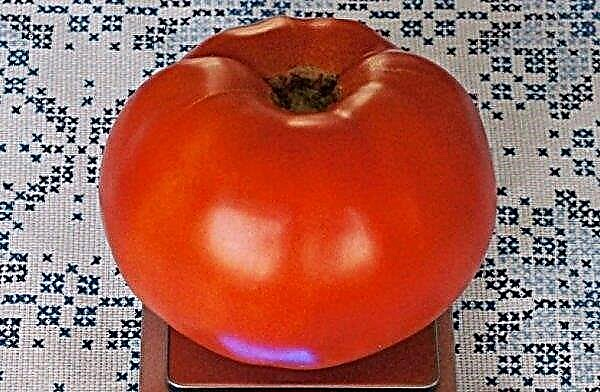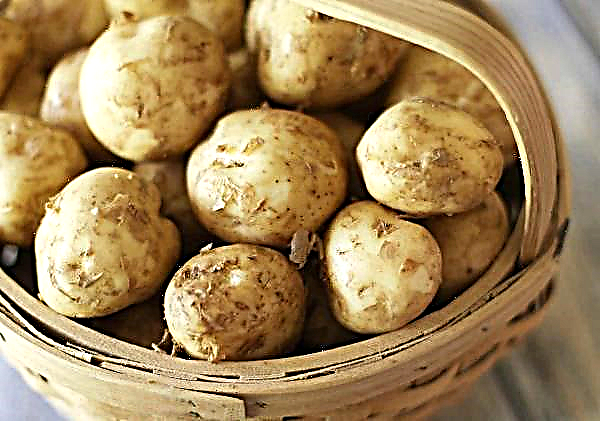Everyone knows that carrots are very useful for the human body due to the presence of a large number of vitamins and minerals in it. It is used not only in cooking, but also in cosmetology, nutrition. The useful and harmful qualities of this product, as well as how often it can be eaten by people of different ages and sexes, are discussed further in the article.
Properties and chemical composition of carrots
The composition of the vegetable includes vitamins A, B, E, PP, K, C. Of the minerals, it is rich in potassium, calcium, sulfur, phosphorus, zinc, iron, iodine, copper, chromium, nickel, fluorine, etc.

- Thanks to this complex, this root crop has the following properties:
- positive effect on vision;
- cleanses the oral cavity from germs and strengthens the gums;
- contributes to normal metabolism;
- used for anemia;
- characterized by painkillers and anti-inflammatory properties;
- tops increase immunity, cleanse the blood, strengthen bones, soothe nerves, it is indicated in the treatment of hemorrhoids;
- juice relieves stress and fatigue, increases appetite, removes toxins from the body;
- reduces the development of cancer cells;
- renews the cells of the kidneys and liver and removes sand from the gallbladder and urinary ducts;
- when applied externally, heals various wounds;
- good to eat with diabetes;
- lowers blood cholesterol, cleanses blood vessels and strengthens the heart.
How many carrots can you eat per day?
The daily norm of a vegetable for an adult is 250-300 g or 3-4 medium-sized root crops, some of which need to be prepared using fats in order to better absorb carotene. Children are given carrot juice a few drops per day from 6–8 months. Later, boiled carrots in the form of mashed potatoes are added. After 2 years, the norm is increased to 30-60 g of juice or puree.
Did you know? The longest carrots were grown in England, its length was 5.84 m.
Pregnant women are advised to eat 100-150 g per day. Nursing mothers can eat carrots only boiled and not earlier than a month after giving birth, in the amount of 100-150 g per day. In raw form, it will be possible to consume a root crop 5-7 months after giving birth. During weight loss, it is allowed to introduce 500 g of this product per day into the diet.

Benefit and possible harm
This vegetable has both positive and negative qualities that you need to know about and take into account while eating.
For children
The root crop is very useful for children.
- The benefits are as follows:
- Vitamin A, which is part of the vegetable, is needed for the normal growth of the child;
- strengthens teeth and bones;
- protects against viruses and strengthens the immune system.

For men
- The root crop has a positive effect on the male body:
- powder from root seeds helps with sexual impotence;
- juice restores strength after hard physical work;
- prevents the appearance of diseases of the genitourinary organs.
Did you know? The heaviest carrots in the world were grown in Alaska. Her weight was 8.61 kg.
For women
- This vegetable has a beneficial effect on the female body, which is as follows:
- in pregnant women contributes to better fetal development;
- useful for weight loss due to low calorie content;
- prevents the early appearance of wrinkles, prevents sagging skin and counteracts the appearance of stretch marks;
- based on the essential oil included in the structure of carrots, anti-aging creams, masks, lotions are made;
- in nursing mothers, the nutritional properties of milk increase;
- helps the production of female sex hormones.

Possible contraindications and side effects
- Despite the obvious benefits, root crops are dangerous to use in such cases:
- harmful to patients with a stomach ulcer and duodenal ulcer, with enteritis and inflammation of the rectum;
- in people prone to allergies, may cause an allergic reaction;
- hypotonics should not be eaten, since a vegetable helps to lower blood pressure;
- if you eat carrots often and in large quantities, yellowing of the skin (especially the palms and feet) may occur, nausea, vomiting, diarrhea may appear.
How to cook and in what form it is best to eat carrots
The root crop can be eaten in different forms: stew, cook, make juices, add to various dishes:
- boiled carrots contain more antioxidants than raw, and to minimize the loss of vitamins and minerals in it, it is better to cook vegetables for a couple;
- tops can also be eaten by adding it to salads and even tea;
- dried carrots preserves almost the entire vitamin composition, as raw.

Carrot storage methods to preserve the vitamin composition
At home, root crops are well kept in the refrigerator. To do this, you need to wrap unwashed dry carrots in a paper towel or napkins, put them in a plastic container and place them on the bottom shelf of the refrigerator. So she will not fade for a long time and will not lose her useful qualities. If initially it was soft or lethargic, then it is better to rub it on a grater and freeze in a freezer.
Important! In no case should root crops intended for long-term storage be washed.
From the above it follows that carrots are a very useful and indispensable vegetable, which should be included in the daily diet of any person, but subject to the absence of any contraindications and only with moderate use.












